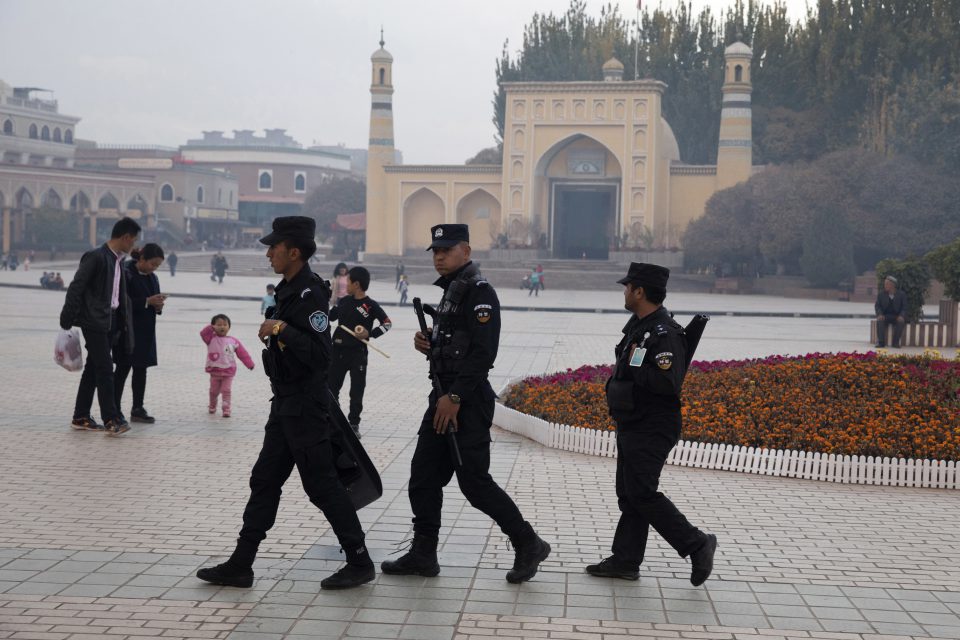The human rights situation of China’s autonomous Xinjiang region is fast becoming a cause of embarrassment for China. Besides growing criticism of China’s governance record in Xinjiang a clamor for black listing goods manufactured in Xinjiang is growing ever stronger. Media reports say that products manufactured in Xinjiang are manufactured through employment of forced labour.
Last month the US Government banned the import of products by a firm over its alleged use of forced labour, it also imposed visa restrictions on key Chinese officials apart from blacklisting 28 Chinese firms for alleged repression of Uyghur’s.
Two Australian companies also announced ending of the partnership with their Xinjiang based cotton supplier.
A Gardian article last month called for globally blacklisting any good manufactured or produced in Xinjiang for the alleged use of detained forced labour. The UN Committee on Elimination of Racial Discrimination has designated Xinjiang as a ‘no rights zone’ for the alleged mass detention of millions of ethnic and religious minorities.
China has maintained that what westerners call detention centers are in reality vocational training centers where people are imparted skills so as to make them employable. This the Chinese say would wean them away from extremist mindset and separatism and help them be part of China’s mainstream society. Western media however maintains that these ‘vocational training centers’ are encircled with barbed wires with CCTV cameras, severe restrictions are imposed on the mobility of the people and the inmates are compelled to work for little or no pay.
Xinjiang remains commercially significant for China as 80% of China’s cotton exports come from this region. Xinjiang today is a major commercial hub as some of the major multinationals have presence there and several firms procure materials from the region.
West is building up pressure on China on this issue, there have been calls for blacklisting goods produced in Xinjiang and companies are being asked whether it is ethical on their to produce goods in Xinjiang where these ‘forced labour camps’ are operational.
US Secretary of State Mike Pompeo is on record calling China’s treatment of its Muslim minorities of Xinjiang as ‘the stain of the century’.
Sayragul Sauytbay is a Chinese Muslim of Kazak origin who managed to escape from one of these ‘vocational training centers’ and was given asylum in Sweden. Sauytbay in her testimony has listed the inhuman living conditions for the detaines/trainees. According to her there have been instances of gangrape on women, Muslims are forced to eat pork and medical experiments are carried out on the inmates.
Nury Turkel the Chairperson of Uighur Human Rights Project in Washington has said that Uighurs are “swept into a system of forced labour” and “detained and tormented”. Human Rights Watch has said that people are subjected to Intense surveillance and forced to give DNA and Biometric samples.

